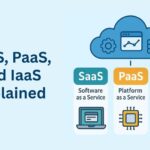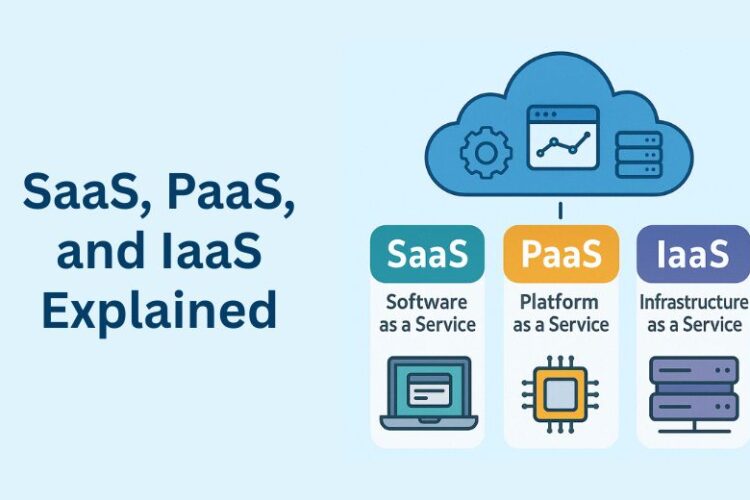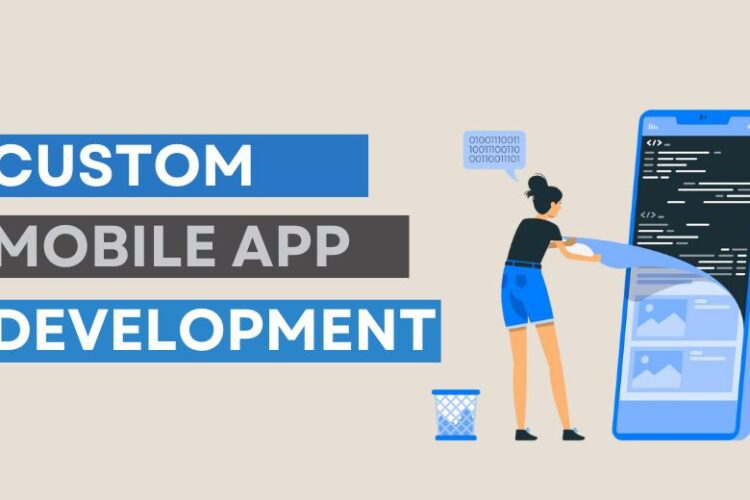There is no doubt that cloud applications have taken the world by storm. It seems like there is a new cloud app for everything these days, and businesses are quickly catching on to the many benefits of using them. But what exactly are cloud apps? As a leading cloud application development company, we have the answers. In this blog post, we will explore everything you need to know about cloud apps, from how they are developed to the many benefits they offer businesses of all sizes.
What are Cloud Apps?
Cloud apps are a type of software that allows users to access and use applications over the Internet. They are also sometimes referred to as Web-based applications or SaaS (software as a service).
Cloud apps are usually subscription-based, which means that users pay a monthly or annual fee to use the software. This type of pricing model is often preferred by businesses because it gives them more predictable costs.
There are many different types of cloud apps, but some of the most popular include customer relationship management (CRM) software, project management software, and email marketing platforms.
The Benefits of Cloud Apps
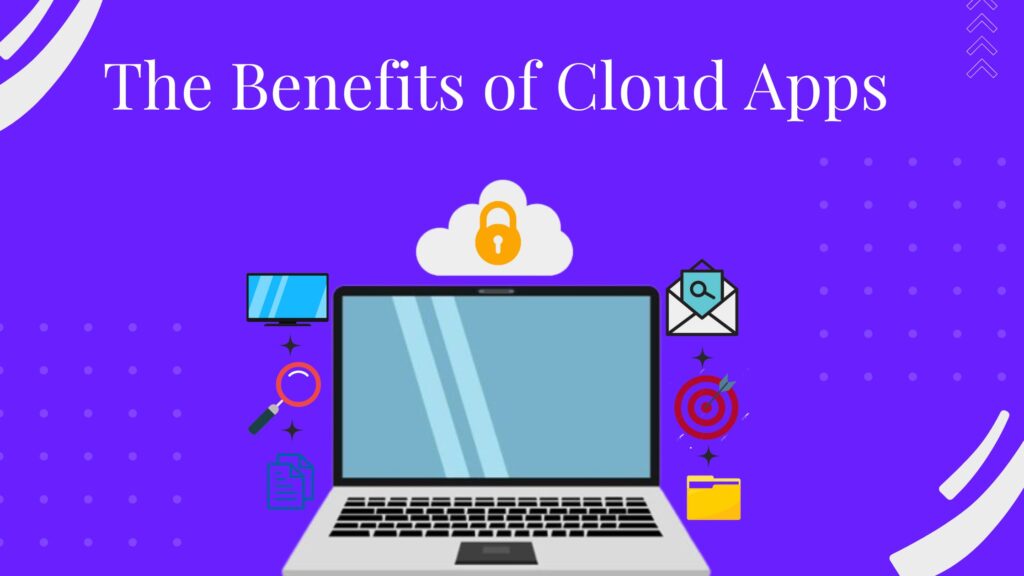
Cloud apps offer several benefits for businesses, including the ability to scale quickly and efficiently, lower costs, and increased flexibility.
Scalability:
Cloud apps are designed to be scalable, so they can grow and adapt as your business needs change. This means that you can add or remove users as needed, without having to worry about overloading your system.
Cost:
Cloud apps can save you money on infrastructure and maintenance costs. Since they are hosted in the cloud, you don’t need to invest in your servers or software. And since cloud providers typically offer pay-as-you-go pricing, you only pay for what you use.
Flexibility:
Cloud apps are flexible and can be accessed from anywhere with an internet connection and cloud apps are typically also accessible on mobile devices, you can stay connected even when you’re away from your desk.
Types of cloud Applications
There are three types of cloud applications:
1. Web-based applications that are accessed through a web browser.
2. Desktop applications that are installed on a user’s computer.
3. Mobile applications that are installed on a user’s mobile device.
How do Cloud apps work?
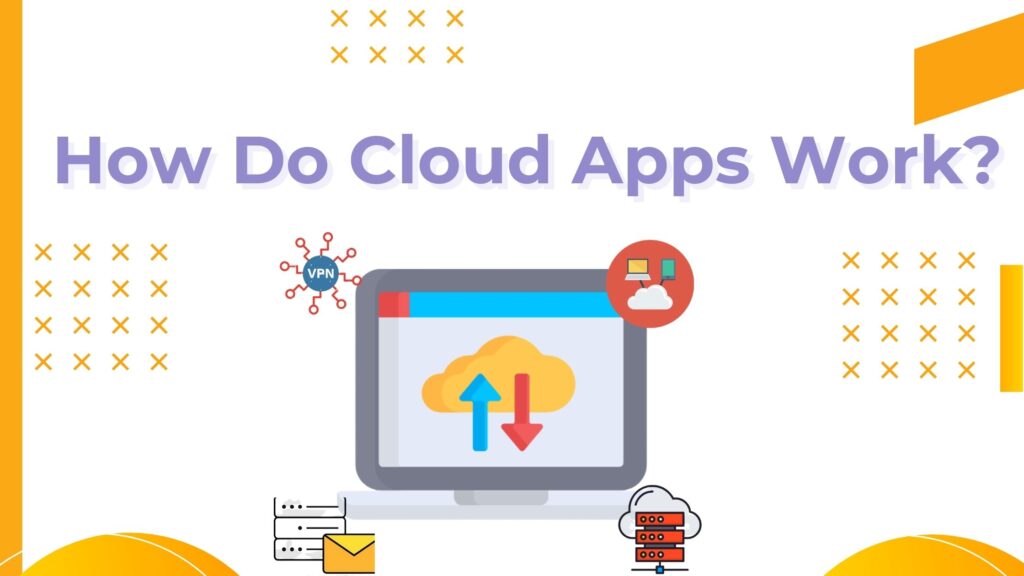
Cloud apps are created using a variety of programming languages and frameworks and are typically hosted on a cloud platform such as Amazon Web Services (AWS), Microsoft Azure, or Google Cloud Platform (GCP).
A cloud app is typically composed of a front end, which is the interface that users interact with, and a backend, which is the server-side logic that powers the app. The front end and back end communicate with each other through an API (Application Programming Interface).
The backend of a cloud app is responsible for storing data, processing requests from the front end, and performing other tasks such as sending emails or push notifications. It is often implemented using a microservices architecture, which means that it is composed of small, independent services that communicate with each other.
The front end of a cloud app is typically built using HTML, CSS, and JavaScript. It may also use frameworks such as AngularJS or ReactJS.
What to consider when choosing a Cloud app development company
When choosing a Cloud app development company, it is important to consider the following factors:
-The company’s experience in developing Cloud apps.
-The company’s portfolio of Cloud apps.
-The company’s pricing structure.
What is Hybrid Cloud?
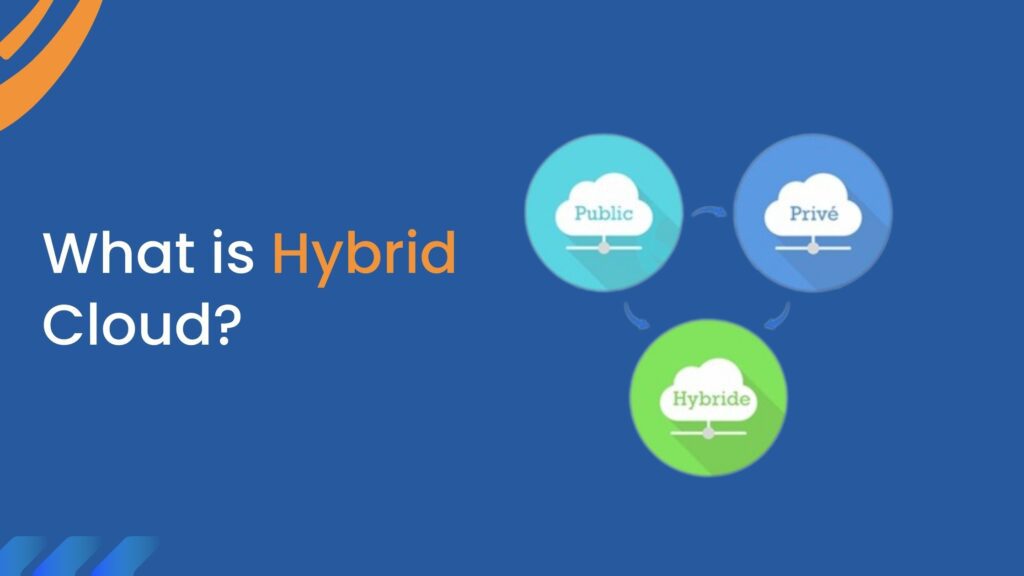
A hybrid cloud is a cloud computing environment that uses a mix of on-premises, private cloud, and public cloud services with orchestration and management between them.
A hybrid cloud app can be set up in different ways, but the most common is to have a private cloud for sensitive data and applications while using a public cloud for non-critical workloads and backups. This allows an organization to get the best of both worlds: the security and control of a private cloud, with the flexibility and cost savings of a public cloud.
Not all workloads are suitable for hybrid clouds. In general, any workload that is not suited for public clouds can be run on a private or hybrid cloud. Workloads that are well suited for public clouds but may have regulatory or compliance requirements that mandate their use on a private or hybrid cloud include:
– Big data analytics
– Business intelligence
– Customer relationship management (CRM)
– Enterprise resource planning (ERP)
– Human resources (HR)
The key benefits of hybrid cloud
There are many key benefits of hybrid cloud, which is why this technology is becoming increasingly popular among businesses of all sizes. Perhaps the most obvious benefit is that the hybrid cloud allows businesses to avoid the high costs associated with traditional on-premises infrastructure. By using a mix of public and private clouds, businesses can save money on hardware, software, and other IT expenses.
In addition to cost savings, the hybrid cloud also offers increased flexibility and scalability. With a hybrid cloud, businesses can choose the deployment model that best fits their needs. For example, they can use a public cloud for compute-intensive applications and a private cloud for data-sensitive applications. A hybrid cloud also makes it easy to scale up or down as needed, which gives businesses the agility they need to respond quickly to changes in market conditions or customer demand.
Finally, the hybrid cloud provides enhanced security and compliance capabilities. By using a combination of on-premises and off-premises resources, businesses can better protect their data while still meeting compliance requirements. Additionally, the hybrid cloud allows businesses to take advantage of the latest security technologies from both public and private clouds.
What is the difference between web applications and cloud applications?
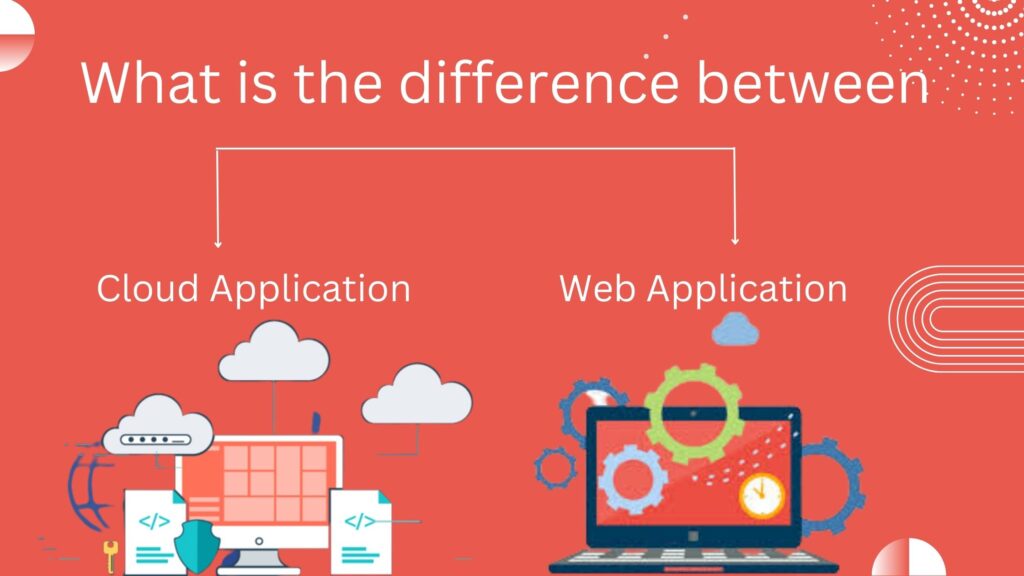
There is a big difference between web applications and cloud applications. Cloud applications are designed to run on a network of computers, while web applications are designed to run on a single computer.
Cloud applications are typically more scalable than web applications. They can be easily scaled up or down to meet the changing needs of the business. Cloud applications are also more reliable because they can be hosted on multiple servers. If one server goes down, the application can still function on the other servers.
Conclusion
As a cloud application development company, we are always looking for new ways to improve the quality of our products and services. In conclusion, we believe that cloud apps offer several advantages over traditional applications, including improved flexibility, scalability, and security. We hope that this article has helped provide you with an overview of cloud apps and how they can benefit your business. If you have any questions or would like to learn more about our services, please contact us today.

